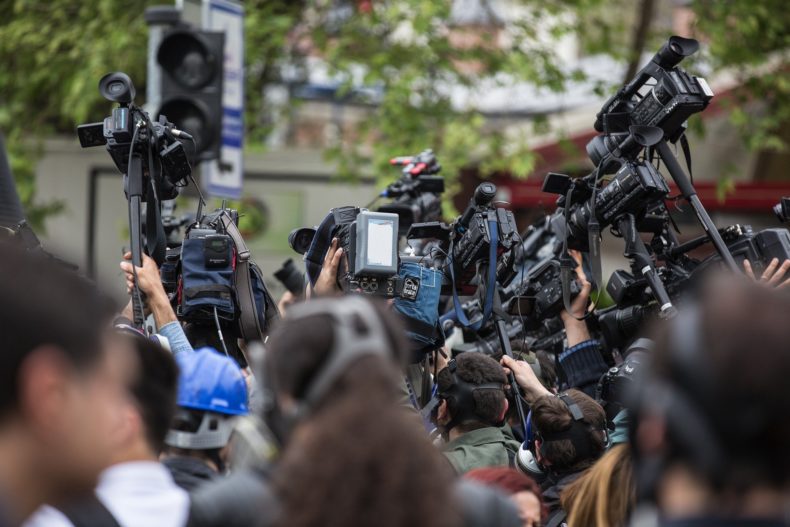People increasingly get their political news online, but from traditional outlets

Image by Engin_Akyurt from Pixabay.
An in-depth study from the Reuters Institute into media consumption at the 2019 general election has found that people are changing how they consume their news much more than who they get it from. Although the consumption of news has heavily moved from offline to online sources, the media outlets that are popular in this new world are ones that were popular before.
In particular:
Online news during the campaign was a winner-takes-most market, with just two providers, the BBC News and the MailOnline, accounting for nearly half (48%) the time spent with news, and the top five (including the Guardian, the Sun, and the Mirror) accounting for two-thirds (66%) of the time spent.
Much of this news consumption came from websites committed to impartial coverage and those that made no party endorsement (33%). Just under one third (31%) came from outlets that endorsed the Conservative Party and one in eight (12%) from outlets that endorsed the Labour Party. Alternative brands such as the Canary, Novara Media on the left and Breitbart on the right – along with foreign sites like Russia Today and Sputnik – played a relatively small part with just 1% share of the time spent with news, about 0.02% of the time people spent online during the election.
It’s also worth noting that little evidence was found to back up concerns over filter bubbles resulting in people only consuming news from partisan sources that they already agreed with:
Almost no one exclusively consumed news from outlets supporting the party they voted for. Just 4% of Conservative voters and 2% of Labour voters only used online news sources supporting their preferred party…
People who use social media for news accessed more online news sources during the campaign than those who do not, despite reading a similar number of news stories. Similarly, those who say they use search engines to search for news topics were also found to access a higher number of different outlets on average than those who do not. Voters who used social media for news also had higher levels of cross-cutting news exposure on average. In other words, people who use social for news consumed more news from the opposing camp rather than less.
Finally, a point very relevant to debates over the BBC:
Despite heavy criticism of the BBC on social media and from rival news organisations, far more of our respondents felt the BBC had done a good job with its election coverage (43%) than a bad job (14%). This was also true of the other broadcast brands ITV News, C4, and Sky News. This is a reminder that the concerns of the highly politically engaged – often expressed on networks like Twitter – can sometimes give a misleading impression of wider public opinion.
You can read the research report in full here.
If you sign up for my blog posts digest you’ll get a handy one-a-day email with links to all the latest posts. You can also sign up for a range of other lists, including Liberal Democrat Newswire – a monthly newsletter about the party. Just pick the options you’d like on the sign-up form.
Leave a Reply